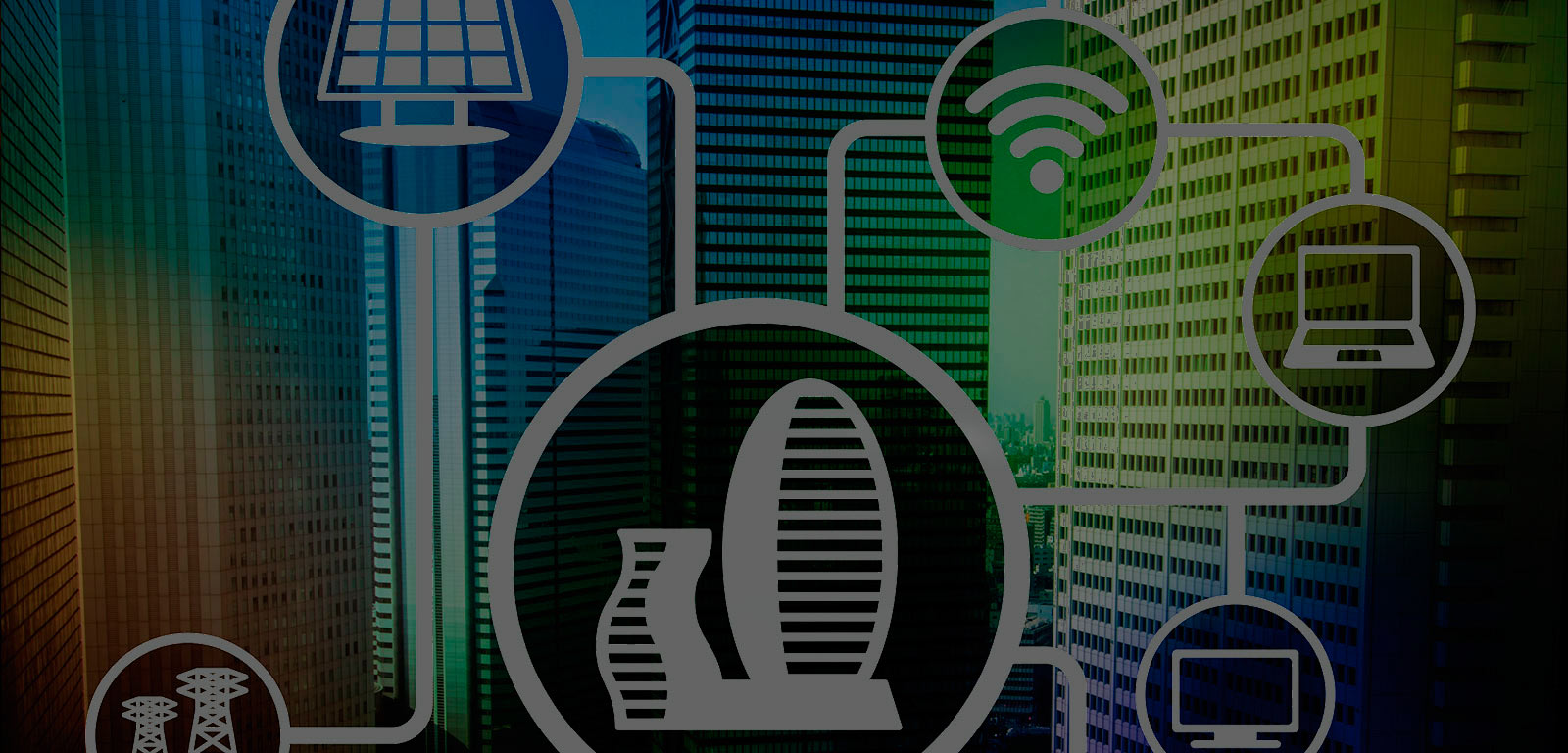Gaia
Industria informatika
Gaiari buruzko datu orokorrak
- Modalitatea
- Ikasgelakoa
- Hizkuntza
- Ingelesa
Irakasgaiaren azalpena eta testuingurua
Irakasgai hau industrian informatika aplikatzearen ingurukoa da, bereziki datu-zientzia, Hodeia eta programazioa landuz. Helburu nagusia sistema informatikoak industriako sistemak monitorizatu eta kontrolatzeko erabiltzea da. Gure kasuan, Smartgridetan erabiltzeko oso egokiak diren programazio teknikak eta Hodeiko hainbat aukera landuko ditugu.Irakasgai hau ingelesez soilik ematen da (irakskuntza gidaren beste atalak ez dira itzuli).
Irakasleak
| Izena | Erakundea | Kategoria | Doktorea | Irakaskuntza-profila | Arloa | Helbide elektronikoa |
|---|---|---|---|---|---|---|
| EZEIZA RAMOS, AITZOL | Euskal Herriko Unibertsitatea | Irakaslego Agregatua | Doktorea | Elebiduna | Sistemen Ingeniaritza eta Automatika | aitzol.ezeiza@ehu.eus |
Gaitasunak
| Izena | Pisua |
|---|---|
| Ikasleek Smartgrid eta Sorkuntza Banaturari sorkuntzari loturiko teknika eta lan metodologien inguruko ezagutza eguneratua edukitzea,batez ere horiek kontrolatzearen ikuspegitik. | 5.0 % |
| Tresna informatikoak eta telekomunikazio tresnak aplikatzea Smartgrid eta Sorkuntza Banatua kontrolatzeko. | 95.0 % |
Irakaskuntza motak
| Mota | Ikasgelako orduak | Ikasgelaz kanpoko orduak | Orduak guztira |
|---|---|---|---|
| Magistrala | 8 | 12 | 20 |
| Gelako p. | 6 | 9 | 15 |
| Laborategiko p. | 16 | 24 | 40 |
Irakaskuntza motak
| Izena | Orduak | Ikasgelako orduen ehunekoa |
|---|---|---|
| Azalpenezko eskolak | 8.0 | 100 % |
| Ikasketa sistematizatua | 45.0 | 0 % |
| Mintegiak - taldeko lana | 6.0 | 100 % |
| Ordenagailuko praktikak, irteerak, bisitak | 16.0 | 100 % |
Ebaluazio-sistemak
| Izena | Gutxieneko ponderazioa | Gehieneko ponderazioa |
|---|---|---|
| Lanak egitea eta azaltzea | 20.0 % | 40.0 % |
| Praktikak egitea (ariketak, kasuak edo arazoak) | 30.0 % | 70.0 % |
Irakasgaia ikastean lortuko diren emaitzak
By the end of this course, the students should be able to:-To program basic applications in MATLAB.
-To program basic notebooks in Python.
-To launch virtual instances in AWS.
-To program basic VIs with LabVIEW.
-To create an IoT-like system with myRIO.
Ohiko deialdia: orientazioak eta uko egitea
The subject is presential, so the student has to attend to the lessons to pass the subject. Anyway, given the current issues with COVID-19, there will be means to make possible to pass the course without presential activity. Indeed, many of the exercises we will do, be it presentially or remotely, are based on online platform for this purpose.The learning methodology is based on hands-on, self-paced learning of interconnected techniques. The student must tick some boxes to pass the course, and the rest of the exercises will determine the final mark of the assessment.
The assessment items that are mandatory are the following:
1. MATLAB: the student must complete the MATLAB Onramp course
2. Python: the student must complete the Python basic course in Kaggle
3. AWS: the student must complete the aws.training basic course
4. LabVIEW: the student must pass the learn LabVIEW test
These four items are requirements to pass the course, that is, no student will pass the course without ticking all of these boxes. Obviously, they are fairly easy and fun, so there is no reason to skip them. If any student struggles to do any of the mandatory tasks, he or she should ask the teacher for an alternative way to assess that part of the course.
Each mandatory item has two exercises associated to it: one guided exercise the student will have to do in an online platform, and another one that will be more open. The open exercise should be an example application for Smartgrids or distributed generation. Each exercise will have a weight between 5% and 15% of the final mark of the subject. The range of the sum of the marks for all the exercises should be between 30% and 70% of the final mark.
Finally, the student will have to design a system using one or many of the techniques learned during the course. If possible, the student should try to implement part of the system. This final work will get a mark between 20% and 40% of the course, including the presentation that the student will have to give in the last session of the course, and the short report that would have to be submitted in a week's time after the last session.
Students who want to avoid the continuous assessment method or to do a no-show should follow current regulations. Do not hesitate to contact the teacher, of the course, if you have any question about the assessment.
Ezohiko deialdia: orientazioak eta uko egitea
The considerations of the regular call apply to the extraordinary call too. The only exception is that the presentation would be arranged directly with the teacher in the extraordinary call date range.Irakasgai-zerrenda
Introduction to Information Technology in the IndustryMATLAB basics
Data Science with Python and Jupyter notebooks
Losing one's fear to the Cloud (AWS)
Graphical programming fundamentals (LabVIEW) and IoT targets (myRIO)
Bibliografia
Nahitaez erabili beharreko materiala
Documents available in eGela: https://eGela.ehu.eus/Oinarrizko bibliografia
Documents available in eGela: https://eGela.ehu.eus/Gehiago sakontzeko bibliografia
- Ogata K. Problemas de Ingeniería de Control utilizando MATLAB, Prentice-Hall Iberia, 1999.- Lutz M. Learning Python: Powerful Object-Oriented Programming. Ed. O'Reilly Media, 2013.
- Usmani Z. Kaggle for Beginners: with Kernel Code. Ed. Gufhtugu, 2017.
- NI myRIO Project Essentials Guide. Ed Doering. Ed. National Technology and Science Press.
- Introduction to data acquisition with LabView. Robert King. McGraw-Hill, New York, 2013.
- LabVIEW Data Acquisition Basics Manual. National Instruments. 1998.
- LabVIEW programming, data acquisition and analysis. J.Y. Beyon. Ed. Prentice Hall.
- Hands-on exercise manual for LabVIEW programming, data acquisition and analysis. J.Y. Beyon. Ed. Prentice Hall.
- Real-Time Systems. Jane W.S. Liu. Prentice Hall, 2000.
- Demystifying embedded systems middleware. Tammy Noergaard. Elsevier/Newnes, Oxford : 2011.
Aldizkariak
Computers & Industrial EngineeringISSN: 0360-8352
http://www.journals.elsevier.com/computers-and-industrial-engineering
IEEE Transactions on Industrial Informatics
ISSN 1551-3203
http://tii.ieee-ies.org/
IEEE Transactions on Smart Grid
ISSN: 1949-3053
http://www.ieee-pes.org/ieee-transactions-on-smart-grid
Estekak
https://informatics.industriainformatika.pw/http://www.ni.com/en-us/innovations/energy/smart-grid.html
https://es.mathworks.com/academia/tah-portal/universidad-del-pais-vasco-31427936.html
https://www.kaggle.com/


